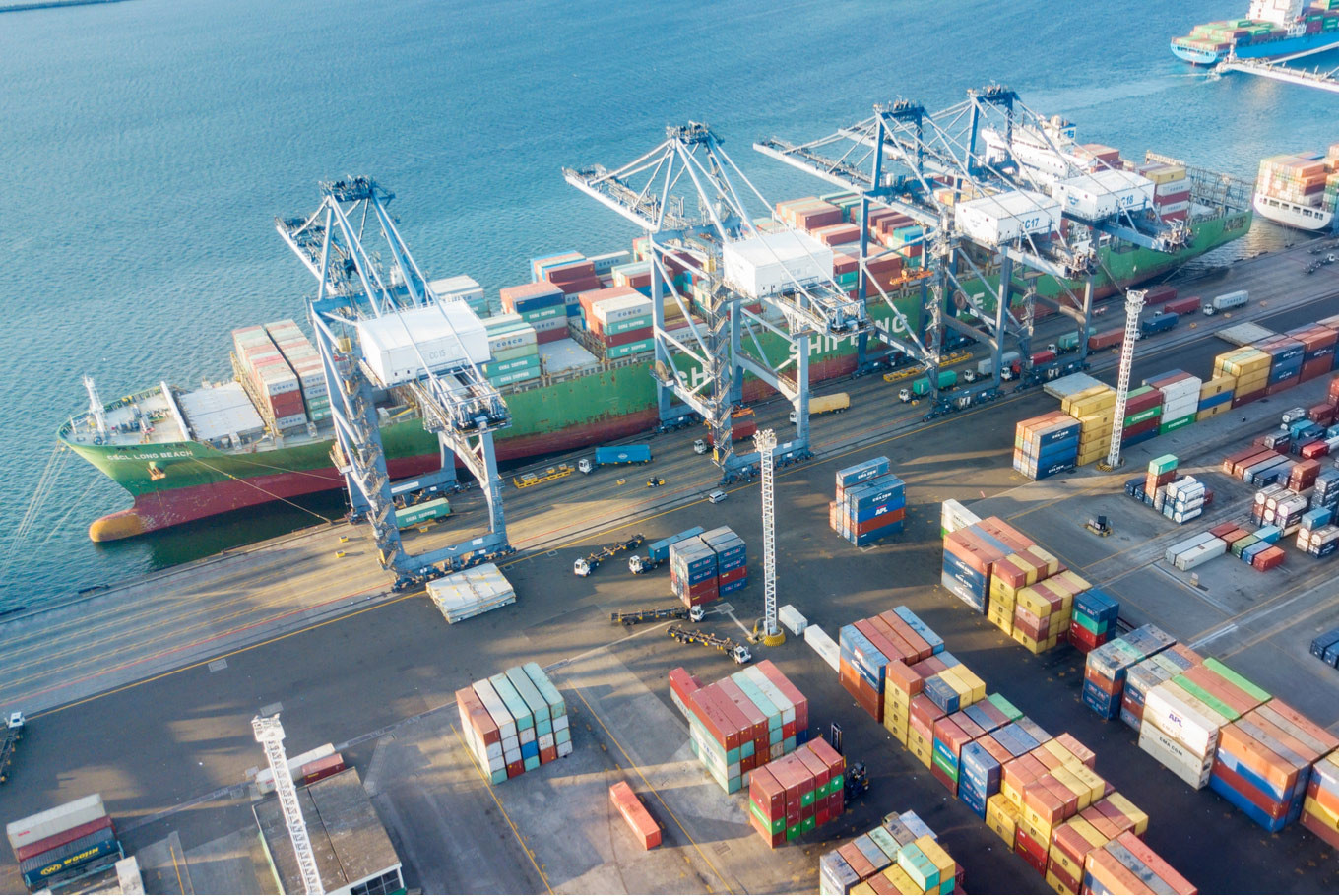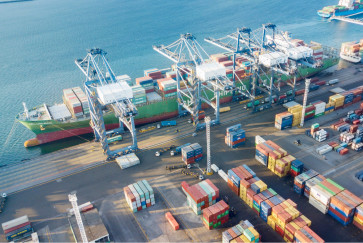Popular Reads
Top Results
Can't find what you're looking for?
View all search resultsPopular Reads
Top Results
Can't find what you're looking for?
View all search resultsRevocation of Indonesia’s developing country status will not affect GSP: Government
The United States Embassy in Jakarta has confirmed that the new USTR notice has no effect on Indonesia’s GSP facilities.
Change text size
Gift Premium Articles
to Anyone
T
he government has confirmed that the United States' decision to scrap Indonesia from its list of developing countries will not affect Indonesia’s Generalized System of Preference (GSP) facilities from the economic giant.
A document from Coordinating Economic Ministry notes that various industries had already suspected the new United States Trade Representative (USTR) policy would affect the GSP facility for Indonesian exports to the US.
On Feb. 10, the US agency excluded Indonesia from its developing and least-developed countries list, which means Indonesia is no longer eligible for Special Differential Treatment (SDT) from the WTO’s Agreement on Subsidies and Countervailing Measures.
Read also: Growing pains: US tariff policy overshadows planned Jokowi visit
“Nevertheless, the United States Embassy in Jakarta has confirmed that the new USTR notice has no effect on Indonesia’s GSP facilities,” the ministry wrote in a statement on Tuesday. “The policy only affects the US’ countervailing duty investigations, not the GSP.
Quoting the embassy, it added that “the GSP statute does not make ‘developing country’ status a consideration”.
The GSP beneficiary status is based on 15 criteria defined in a different statute, including reserving eligibility to middle-income and low-income countries as defined by the World Bank.


















